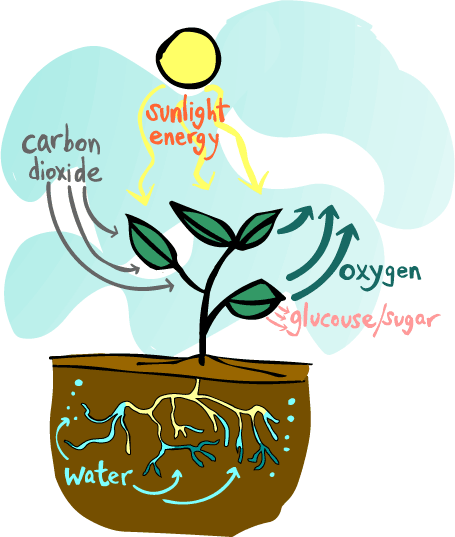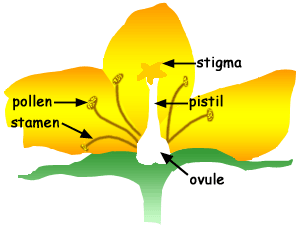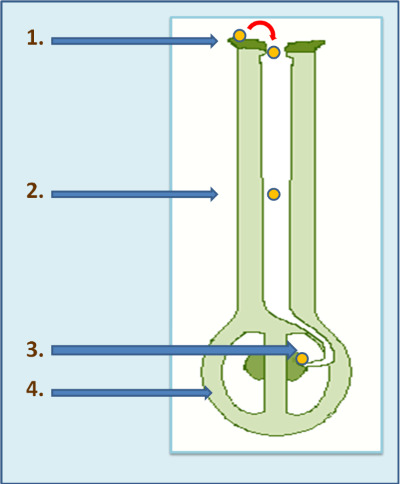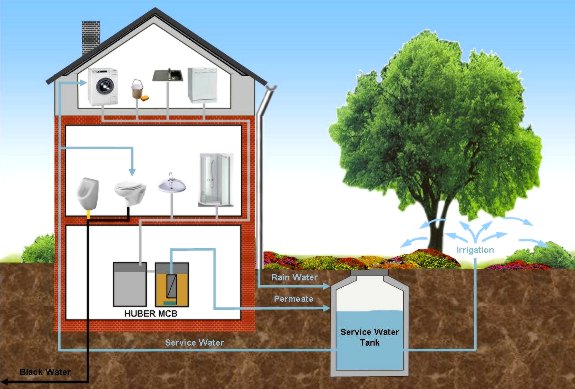HOW DO PLANTS GROW?

lunes, 25 de junio de 2012
HOW DO PLANTS GROW? WHAT IS PHOTOSYNTHESIS?
domingo, 10 de junio de 2012
POLLINATION AND FERTILIZATION
POLLINATION AND FERTILIZATION
How do flowering plants reproduce?
Let's find out what pollination and fertilization are.
Let's take a look at the parts of a flower to answer the questions. Can you name them all ?
What is pollination?
It is the process of carrying pollen inside the flower so new seeds can be made. In other words, it is the process of movement of pollen.
Who is in charge of pollination? Any idea?
 Point to the humming bird.
Point to the humming bird.Point to the bee.
Point to the butterflies.
They all help the flowers's pollination.
The Pollination Process
 The pollination process involves the transfer of pollen, from the male part of a plant (in flowers, this is the ‘stamen’) to the female part of the plant (the 'carpel').
The pollination process involves the transfer of pollen, from the male part of a plant (in flowers, this is the ‘stamen’) to the female part of the plant (the 'carpel').
Pollen is made in a part called the anther. The eggs are inside the flower in part called the ovaries.
The Plant Pollination Process
The following points correspond to the diagram opposite.
1. Pollen grains land on the sticky stigma.
2. A pollen tube grows down the style, followed by male sperm nuclei.
3. The sperm nuclei fuse with the female ovules.
4. The ovules develop into seed, and the ovary develops into fruit.
Fertilization
It is the process when pollen meets the ovules to make new seeds.
Pollen + ovule = fertilization
SCIENTISTS DOING RESEARCH
It's time to do research (further investigation). Get in groups of four anwer the following questions after watching the videos.
Life Cycle of a Flowering Plant
1.Are female and male parts of the flower separed?
2.How do plants attract insects and birds?
3.Where are ovules made?
4.Where is pollen made?
5.When does fertilization occur?
1.Are female and male parts of the flower separed?
2.How do plants attract insects and birds?
3.Where are ovules made?
4.Where is pollen made?
5.When does fertilization occur?
Plant Reproduction: Methods of Pollination
6. Can flowers selfpollinate?
Name a flower that can selfpollinate.
CAN YOU POLLINATE A FLOWERING PLANT?
6. Can flowers selfpollinate?
Name a flower that can selfpollinate.
More science games & videos on Pollination at NeoK12.com
For more information:
CAN YOU POLLINATE A FLOWERING PLANT?
sábado, 2 de junio de 2012
RECYCLING EXPERIMENTS FOR 2012 ICTYS
RECONCILIATION WITH THE ENVIRONMENT
HERE IS A LIST OF AMAZING EXPERIMENTS THAT YOU CAN DO FOR THE ICTYS PROJECT. GET IN GROUPS OF 3 TO 4 PEOPLE. THEN, CHOOSE ANY OF THEM.
EXPERIMENT 1: RECYCLING GREY WATER: Can plants tolerate it?
EXPERIMENT 2: MAKE YOUR OWN PAPER, TEST IT AND RATE ITS QUALITY, USING EITHER RECYCLED PAPER OR PLANTS AS A SOURCE MATERIAL
EXPERIMENT 3: USED COFFEE GRINDS CAN BE RECYCLED, ADD VALUE TO IMPROVE PLANT GROWTH AND HELP ENVIRONMENT.
EXPERIMENT 4: TEST ELECTROLYSIS AND/or NATURAL CONDENSATION AS MEANS OF RECYCLING WATER.
EXPERIMENT 5: WHICH KIND OF PAPER WILL MAKE THE BEST RECYCLED PAPER?
EXPERIMENT 6: INVESTIGATE THE COMPRESSION, REUSE AND RECYCLING OF STYROFOAM
EXPERIMENT 7: DRINK WATER FROM A HOME MADE WATER FILTER.
EXPERIMENT 8: INVESTIGATE ON PET RECYCLING PROCESS
EXPERIMENT 9: TIRE RECYCLING. HOW TO MAKE A GARDEN RECYCLING PLANTER
EXPERIMENT 10: BIODEGRADATION. COMPARING DIFFERENT INORGANIC MATERIAL TO ORGANIC MATERIAL IN THE PROCESS OF BIODEGRADATION.
EXPERIMENT 11: ECOLOGICAL ENVIRONMENTAL DEODORANT AND REUSING PLASTIC BOTTLES.
EXPERIMENT 12: ECO ART AND TOOLS. DIFFERENT USES FOR PLASTIC BOTTLES
EXPERIMENT 13: EFFECTS OF BATTERIES IN THE WATER. Can living things live in water polluted by batteries?
EXPERIMENT 14: EFFECTS OF BATTERIES IN THE SOIL. Can plants grow in soil polluted by batteries?
LET'S HELP THE ENVIRONMENT NOW!
Etiquetas:
colegio VC-SP,
Elementary School,
experiments,
ICTYS,
recycling,
school recycling experiments,
science project
Ubicación:
Distrito de La Molina, Perú
Suscribirse a:
Comentarios (Atom)

























